Pool Builders’ Secrets: How to Make Your Pool Last for Decades
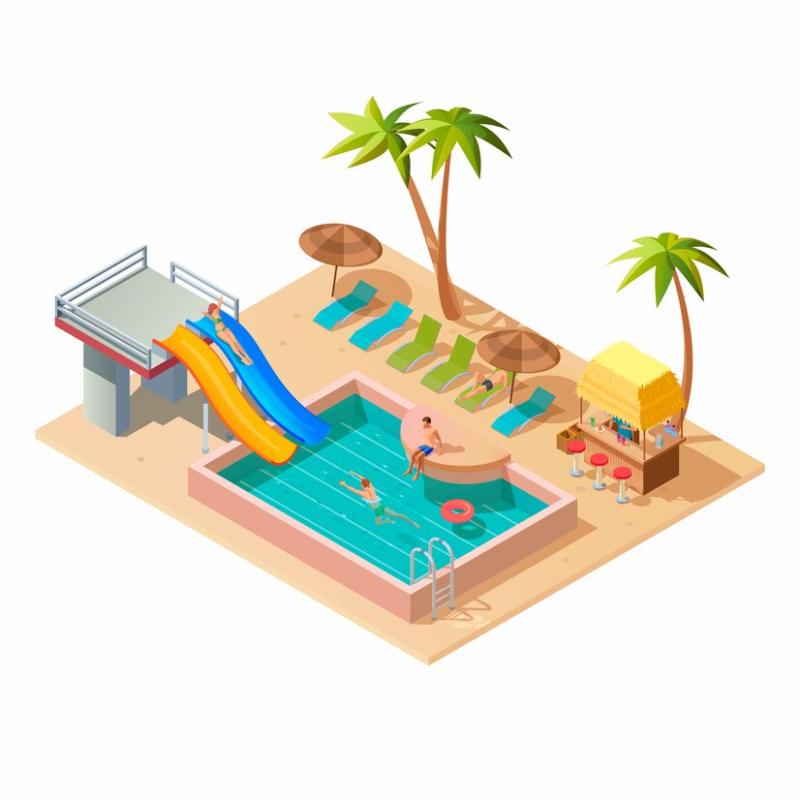
Building a pool is a significant investment, and like any major home improvement, you want to ensure that it stands the test of time. Whether you're installing a luxury infinity pool or a classic family pool, the key to maximizing the longevity of your pool lies in the design, materials, installation, and maintenance practices. But what are the real secrets that professional pool builders use to make pools last for decades?
In this article, we’ll share the insider tips from experienced pool builders on how to maintain a pool that not only looks great but also functions flawlessly for many years.
1. Choose High-Quality Materials
One of the most important secrets for ensuring the longevity of your pool is selecting the right materials. Pool builders know that high-quality materials—whether it's the surface finish, pool shell, or equipment—make a world of difference in how long a pool lasts.
Concrete Pools: Concrete pools are incredibly durable, but the longevity of these pools depends on the quality of the concrete and the plaster or finish applied. A durable, high-quality plaster finish can resist stains, algae, and wear-and-tear far longer than cheaper alternatives.
Fiberglass Pools: Known for their durability and low maintenance, fiberglass pools have a long lifespan, typically lasting for 30 years or more. The key is to choose a pool with high-quality gel coatings that resist fading and cracking.
Vinyl Pools: Vinyl-lined pools are another option, though the liner needs to be replaced every 7 to 15 years. Choosing a high-quality, reinforced liner and having it professionally installed can significantly extend its life.
Why It Matters:
Using high-quality materials minimizes the need for frequent repairs, reduces the chance of surface damage, and helps the pool withstand harsh weather conditions.
2. Proper Pool Construction and Installation
The foundation of a long-lasting pool starts with proper construction. Pool builders rely on precision during the installation process to avoid common pitfalls that lead to future problems. For instance, improper ground preparation or drainage can lead to structural issues such as cracking or shifting over time.
Ground Preparation: A well-prepared site ensures that the pool is built on stable ground, reducing the risk of movement or settling that can cause cracks and other damage.
Proper Plumbing and Electrical Systems: Pool builders are experts at installing durable plumbing and electrical systems. These systems are essential to the smooth operation of your pool, from water circulation to heating and lighting. Poorly installed systems can lead to leaks, pump failure, or electrical issues that shorten your pool’s lifespan.
Why It Matters:
Proper installation means fewer repairs and maintenance down the road. A poorly constructed pool can lead to expensive repairs and early replacement costs.
3. Invest in Regular Professional Maintenance
It’s easy to assume that once a pool is built, all you have to do is enjoy it. However, regular professional maintenance is crucial to keeping your pool in prime condition for years. Pool builders emphasize the importance of routine inspections, cleaning, and servicing.
Water Chemistry: A professional will ensure your pool’s water is properly balanced, preventing issues like algae growth, corrosion, or scaling. Imbalanced water can damage the pool’s surfaces and equipment, causing costly repairs.
Equipment Checks: Regular inspections of pool pumps, filters, heaters, and other systems ensure that everything is running efficiently. Pool builders recommend having equipment professionally serviced at least once a year.
Cleaning: Regular cleaning of your pool’s filter, skimmer, and the pool itself helps prevent debris buildup and algae formation, which can affect both the pool’s aesthetics and its longevity.
Why It Matters:
Routine maintenance ensures that your pool operates efficiently, reducing the need for costly repairs and keeping everything in good working order for the long term.
4. Proper Pool Covering During the Off-Season
For pools that experience seasonal weather changes, one of the most important secrets to longevity is proper pool covering during the off-season. Professional pool builders recommend using high-quality pool covers that protect the pool from debris, harsh weather, and the elements.
Winter Covers: In colder climates, a good winter cover will prevent the water from freezing and causing cracks in the pool structure. It will also keep debris out and prevent algae from forming during the months when the pool is not in use.
Solar Covers: For year-round pools, a solar cover can help maintain the pool’s temperature and reduce chemical usage. Solar covers also help to reduce debris buildup, which can damage the pool surface if left unchecked.
Why It Matters:
Using the right cover protects the pool from weather damage, debris accumulation, and the harsh effects of winter freezing, significantly extending its lifespan.
5. Proper Pool Drainage
One of the most overlooked aspects of pool longevity is proper drainage around the pool. Pool builders know that water pooling around the pool’s exterior can cause major problems, such as soil erosion, cracks in the pool shell, and even shifting in the foundation.
Good Drainage System: A well-designed drainage system ensures that water flows away from the pool area, preventing soil erosion and preventing water from collecting around the pool’s walls. This helps preserve the structural integrity of the pool and the surrounding landscape.
Deck Drainage: Ensuring that water does not pool on or around the pool deck also prevents staining and erosion, which can shorten the lifespan of your pool area.
Why It Matters:
Proper drainage keeps the area around your pool dry, protecting it from shifts in the foundation and preventing costly structural damage over time.
6. Invest in Energy-Efficient Pool Equipment
Another secret to ensuring a long life for your pool is investing in energy-efficient pool equipment. High-quality, energy-efficient pumps, heaters, and filters not only save you money in energy bills, but they also reduce wear-and-tear on your pool systems, extending their lifespan.
Variable-Speed Pumps: These pumps are much more energy-efficient than traditional single-speed pumps and can last longer because they don’t run at full speed all the time.
Efficient Heaters: Choosing energy-efficient pool heaters or solar-powered heaters can help reduce your pool's operating costs and minimize stress on your pool’s system.
Why It Matters:
Energy-efficient equipment helps reduce strain on the pool’s system, lowers operating costs, and reduces the frequency of repairs and replacements.
7. Maintaining Pool Surfaces and Tile
The surfaces of your pool, including the tiles, grout, and plaster, can deteriorate over time due to exposure to chemicals, sun, and debris. Pool builders recommend taking proactive steps to preserve these surfaces and extend the pool’s life.
Tile Maintenance: Clean tiles regularly to prevent calcium buildup, which can cause stains. Pool builders also recommend sealing grout to protect it from moisture and mildew.
Resurfacing: Depending on the material, resurfacing your pool every 10 to 15 years (especially for concrete pools) helps preserve the appearance and integrity of the surface.
Why It Matters:
Maintaining the pool surface not only keeps it looking pristine but also protects it from damage, avoiding costly repairs and extending its lifespan.
Conclusion: The Key to a Pool That Lasts for Decades
If you want a pool that will stand the test of time, follow the secrets shared by professional pool builders: choose the right materials, ensure proper installation, invest in regular maintenance, protect your pool during off-seasons, and use high-quality equipment. These steps, along with expert advice, will help you preserve your pool’s beauty, function, and integrity for years to come.
By implementing these tried-and-true tips, you can enjoy your pool for decades, making it a lasting investment that brings relaxation, entertainment, and value to your home for many years.
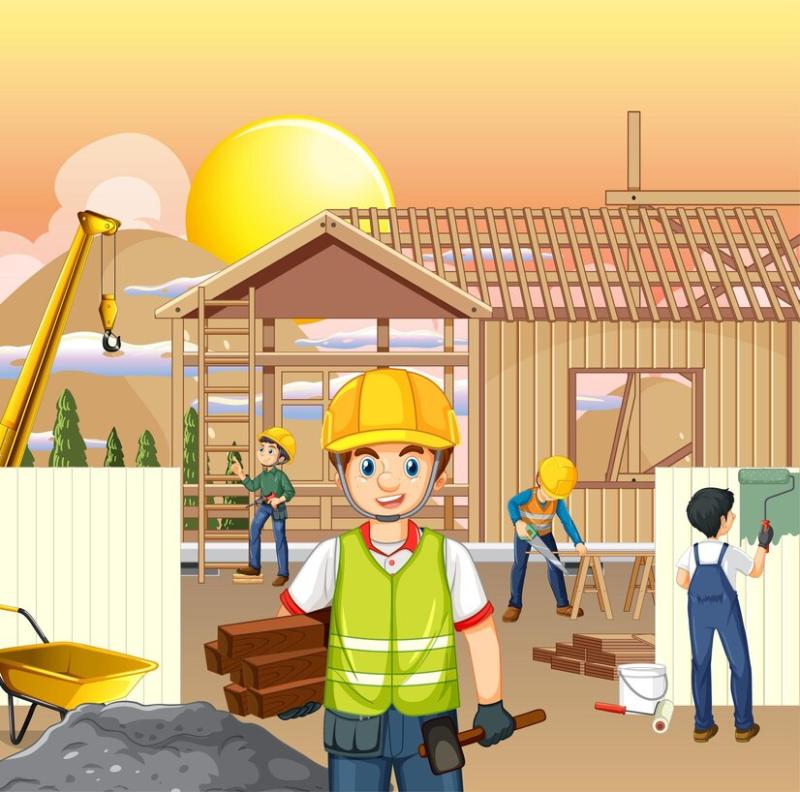


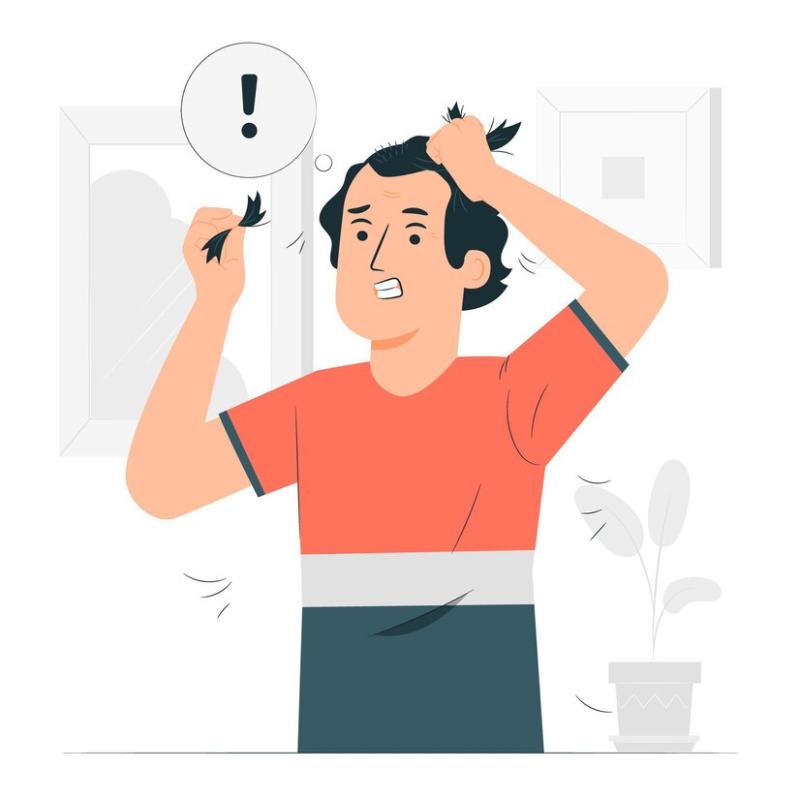

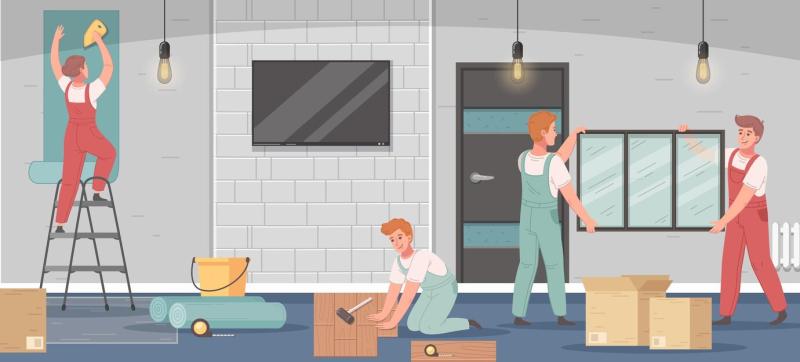
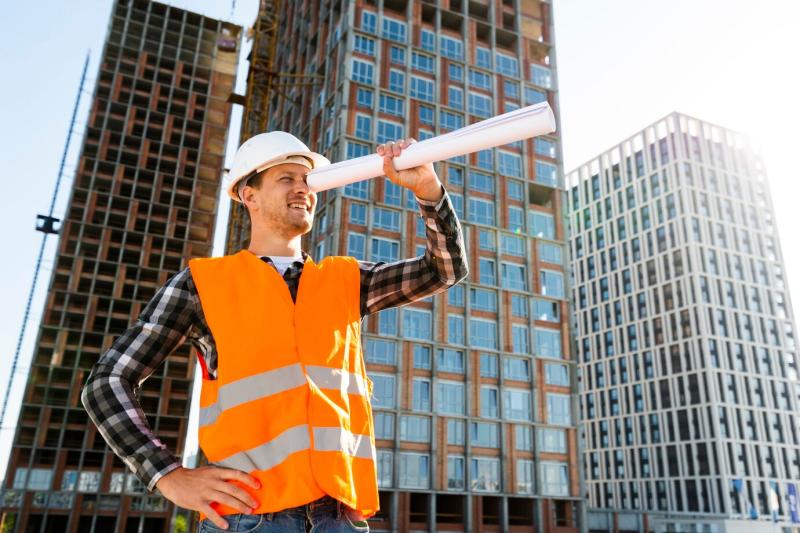

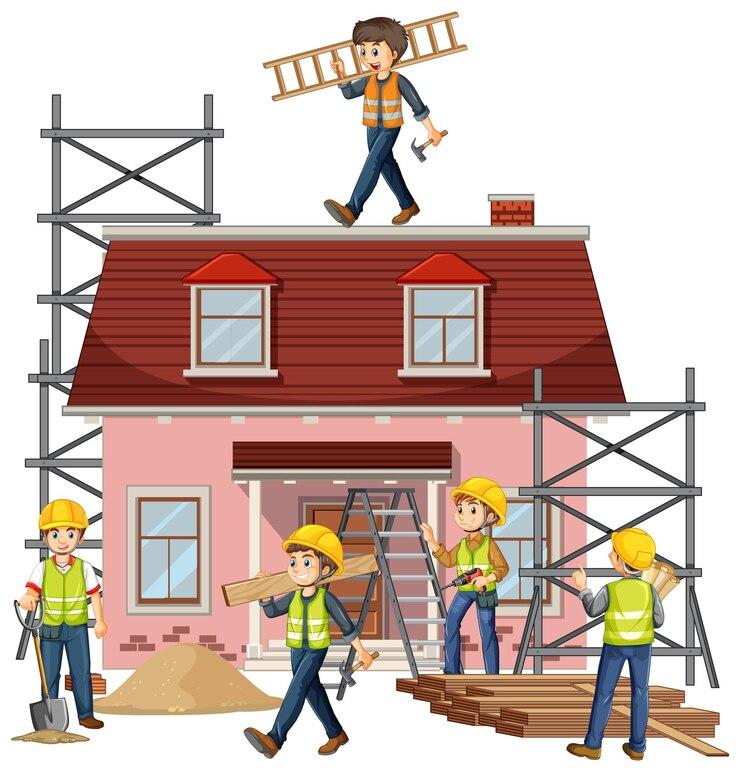
Comments